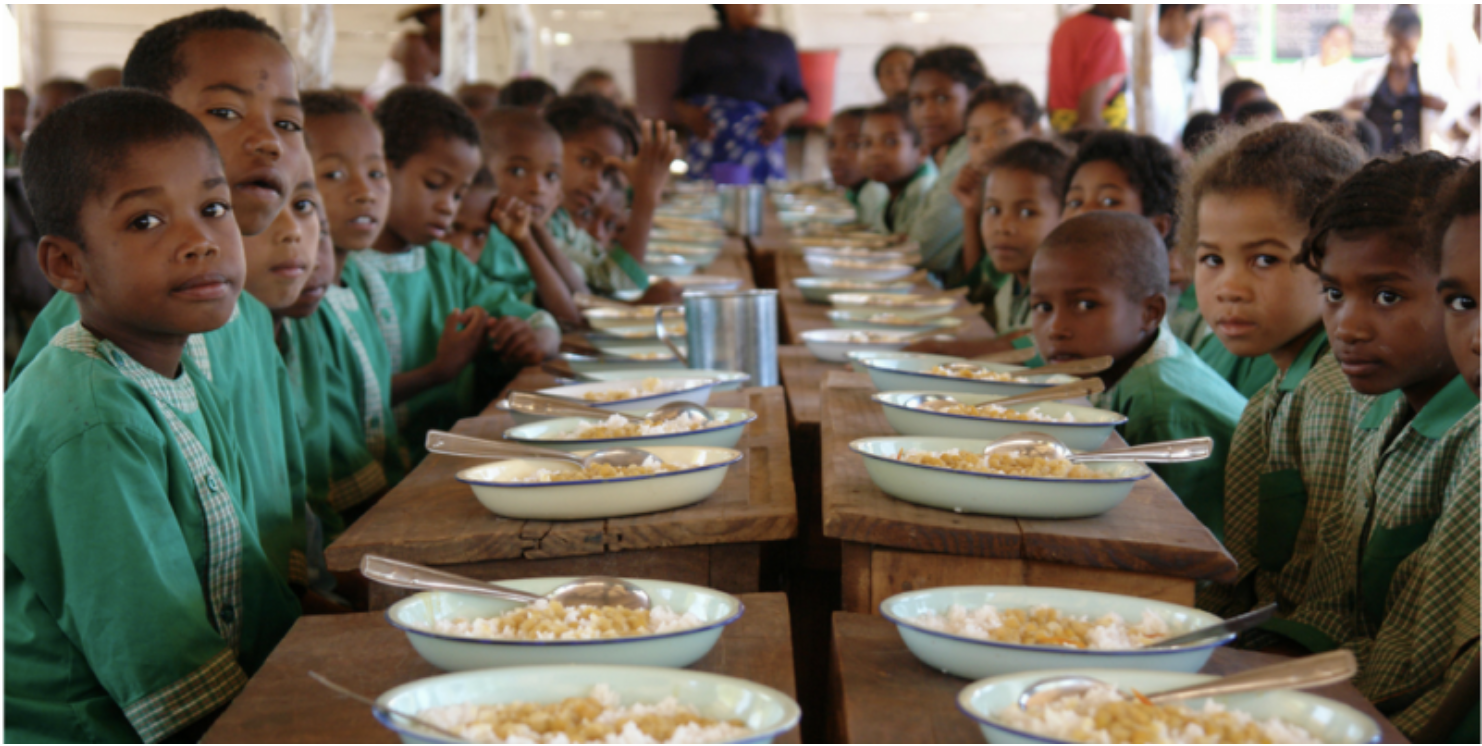
Eliseus Bamporineza
“Nafula’s family could go for days without having lunch and dinner. To them, breakfast only existed in fairytale books.”

It was the second week since Nafula hadn’t made it to school. The Math teacher had just finished doing the roll call and had neither heard her voice nor seen her face. The teacher and some classmates who knew I were her neighbours had already turned their eyes on me. I could feel the weight of their questioning stares on my face. “Eli, no Nafula’s whereabouts up today?” The furious teacher lashed at me. He had already emphasised that we should always check on our neighbours. I owed him and the class an answer. “She left home for town,” I replied, hesitating on what to tell them. I had heard from my mother that Nafula’s single mother, who could not provide for her and her two siblings, had decided to allow her to work in town as a house help to get some money and cater for her younger brothers. Nafula’s family could go for days without having lunch and dinner. To them, breakfast only existed in fairytale books.
Nafula’s mother was illiterate. She sent children to school, hoping they would learn and teach her how to read and write. She had to till the neighbor’s land to secure some food. She would do chores in the neighbouring homes if not tilling the land. She had less than one-quarter of the land where her house was built. She could not farm. She did not have money to start a business.
My mother had some land, about one acre, and could farm, although sometimes she faced drought and lack of fertilisers. She also had some small businesses selling groceries. We had lunch and dinner almost every day and breakfast some days. Nafula and her siblings used to come to our home for food. If not our home, then to other neighbouring homes more blessed with food than theirs. But this food wasn’t enough for them, and sometimes they could go hungry if neighbors didn’t have food.
Nafula has yet to return to school. She got impregnated and married off after that. His brothers have yet to finish high school and are hustling to earn daily bread.
Nafula’s story is shared with many youths who never finished their studies because there was no food at their homes, and they had to fight early to secure a meal. They stopped their studies not even halfway for their survival and sacrificed their future. Some tried but performed poorly in class because a lack of sufficient and nutritious food had affected their cognitive abilities. Some students never finished high school, and others never passed national examinations to transition to university.
Famine pushes students to drop out. According to the 2022 UNICEF report, in Kenya, Somalia and Ethiopia, approximately 2.7 million children are out of school because of the drought, with an estimated 4 million children at risk of dropping out. They drop out of school to support their parents in the search for food, pasture, and water. Furthermore, growing up in poverty and experiencing hunger affects a child’s psychological and emotional well-being. Stress and uncertainty about having enough food to eat or access to necessities can lead to anxiety and depression. These mental health challenges further impede the child’s ability to focus at school. I remember some of my classmates in high school making fun of my colleague, who seemed short and slim; little did they know it was because of undernutrition. Bullying students whose physique is not desirable leaves them with self-hate and depression. The truth is he wasn’t just short and slim. He was stunted and emaciated because of a lack of enough food.
While education is the equaliser, a tool to end social inequality as it enables the learner to acquire knowledge and skills necessary to break the cycle of poverty, lack of access to it leaves one at the mercy of exploitation and recycled poverty.

To combat hunger and keep students in school, key policies should be considered and implemented.
- First, governments and their development partners must ensure they economically empower families by directly or indirectly investing in these families’ income-generating activities and prioritising farming, food production, and distribution chains.
- This policy means families are provided with seed capital, fertilisers, land, technical support and training on modern farming techniques and food production.
- Two, once families have access to a variety of food items, they need to be taught how to prepare a balanced meal that contains all the nutritious elements the body needs. Nutritional education programs should be mandatory in schools.
- Third, while testing the first policy, scale up school feeding and food relief programs and put bursaries in place for most affected families.
Implementing all these policies requires collective action, public and private, political stability and good governance.







